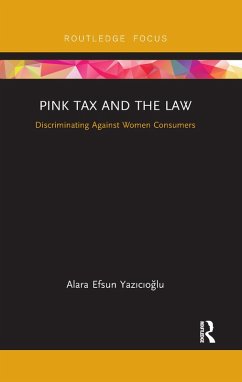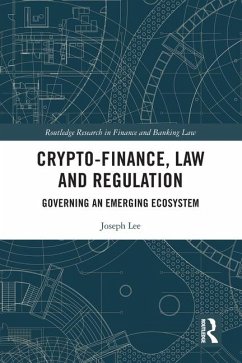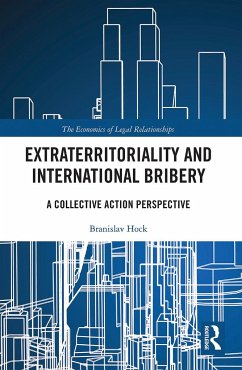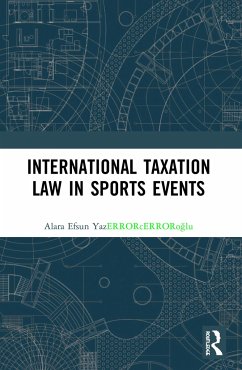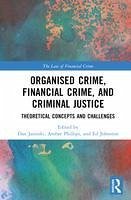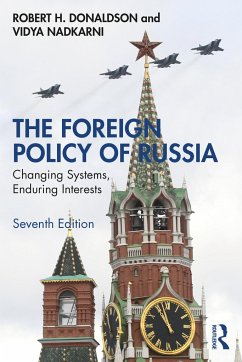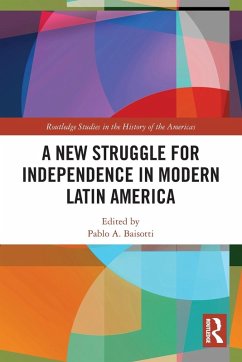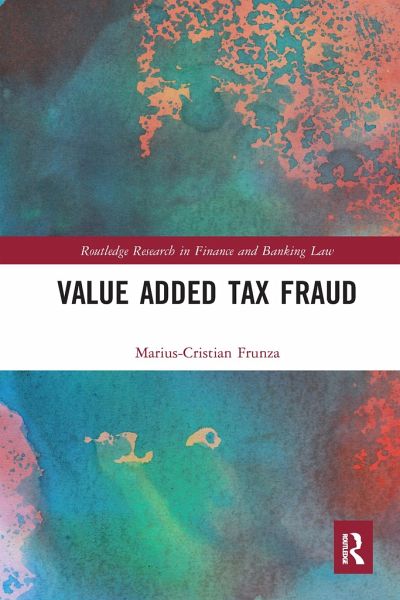
Value Added Tax Fraud

PAYBACK Punkte
23 °P sammeln!
Serving as an introduction to one of the "hottest" topics in financial crime, the Value Added Tax (VAT) fraud, this new and original book aims to analyze and decrypt the fraud and explore multi-disciplinary avenues, thereby exposing nuances and shades that remain concealed by traditional taxation oriented researches. Quantifying the impact of the fraud on the real economy underlines the structural damages propagated by this crime in the European Union. The 'fruadsters' benefit when policy changes are inflicted in an economic space without a fully fledged legal framework. Geopolitical events li...
Serving as an introduction to one of the "hottest" topics in financial crime, the Value Added Tax (VAT) fraud, this new and original book aims to analyze and decrypt the fraud and explore multi-disciplinary avenues, thereby exposing nuances and shades that remain concealed by traditional taxation oriented researches. Quantifying the impact of the fraud on the real economy underlines the structural damages propagated by this crime in the European Union. The 'fruadsters' benefit when policy changes are inflicted in an economic space without a fully fledged legal framework. Geopolitical events like the creation of the Eurasian Union and 'Brexit' are analyzed from the perspective of the VAT fraud, thereby underlining the foreseeable risks of such historical turnarounds. In addition, this book also provides a unique collection of case studies that depict the main characteristics of VAT fraud.
Introduction to VAT Fraud will be of interest to studentsat an advanced level, academics and reflective practitioners. It addresses the topics with regards to banking and finance law, international law, criminal law, taxation, accounting, and financial crime. It will be of value to researchers, academics, professionals, and students in the fields of law, financial crime, technology, accounting and taxation.
Introduction to VAT Fraud will be of interest to studentsat an advanced level, academics and reflective practitioners. It addresses the topics with regards to banking and finance law, international law, criminal law, taxation, accounting, and financial crime. It will be of value to researchers, academics, professionals, and students in the fields of law, financial crime, technology, accounting and taxation.





